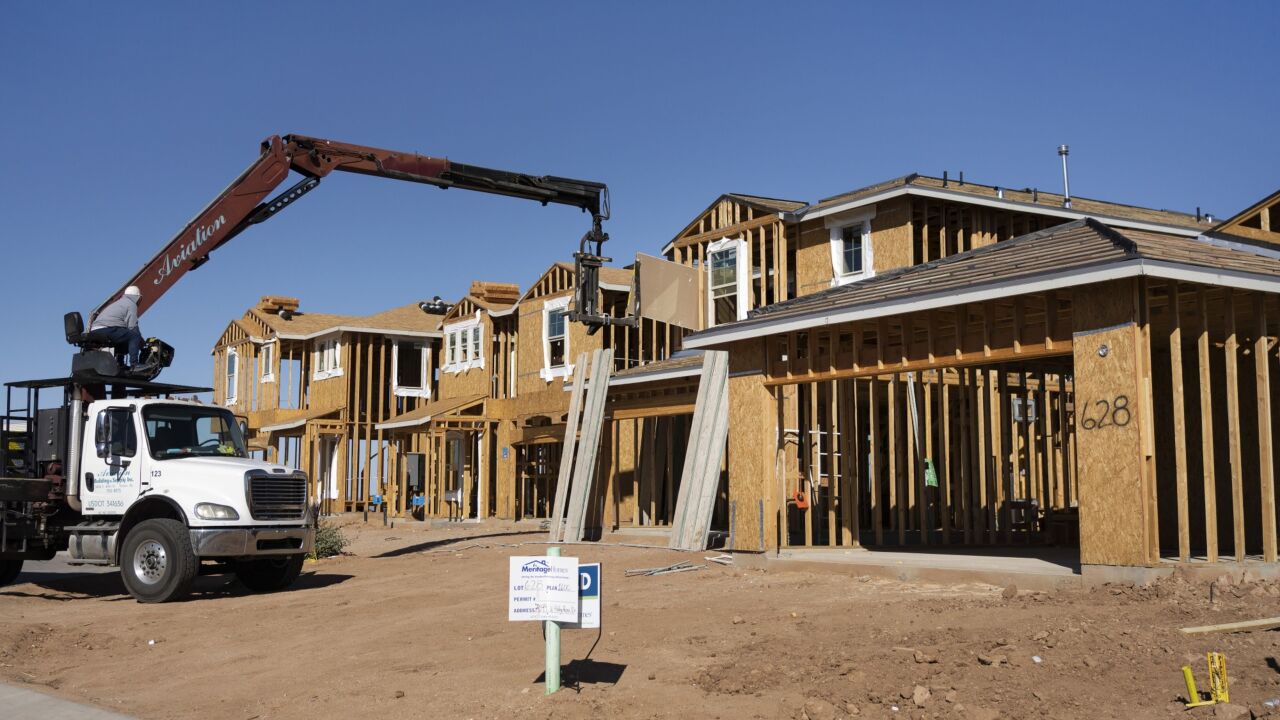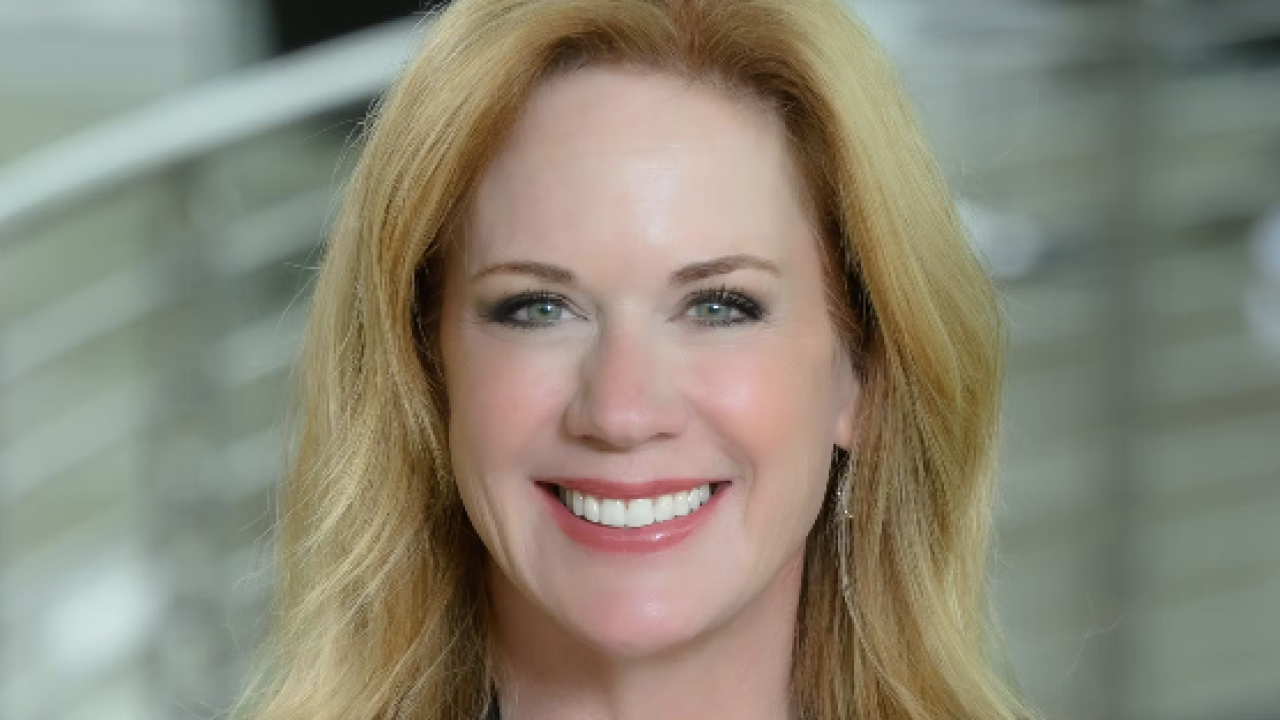Sustained higher rates could extend the lives of existing mortgages, creating a growing workload for servicers, according to industry vendor Subsequent QC.
"When volume increases, it becomes correspondingly more difficult to ensure quality on a day-to-day basis, which is why lenders need to put additional oversight in place now before volumes rise significantly," said Subsequent QC President Michael Steer in a press release.
Single-family mortgage debt outstanding in 2017 increased to a little over $10 trillion from $9.7 trillion in 2016 and is forecast to rise to just below $10.4 trillion in 2018, according to the Mortgage Bankers Association's latest calculations.

Single-family mortgage originations fell to $1.7 trillion in 2017 from more than $2 trillion in 2016, and are forecast to drop further to just over $1.6 trillion this year as refinancing opportunities dwindle and home purchase loan production fails to make up the make up the difference.
Refinance share is on track to fall to 26% by the end of 2018 from 35% last year and just under half of new originations in 2016, according to the MBA Mortgage Finance Forecast.
"With rates going up and lower refinance volume, the servicing portfolio should remain steady or increase because there won't be as many prepayments. We'll be in a purchase market and it will take somebody awhile to refinance. If rates are going up, there is no reason for them to refi after they've just bought a home," said Steer, who is president of both Subsequent QC and its parent company, Mortgage Quality Management and Research.
Prepayments last month were down more than 5% from November 2017 and more than 31% from December 2016, according to
There is a chance interest-rate direction could shift and relieve the pressure on servicers by causing more loans to go into runoff, but a sustained change in rate direction is unlikely.
"If rates go the other way, which I don't think that they will, we'll have prepayments again," he said.
The average 30-year fixed mortgage rate increased to 4% last year from 3.8% in 2016. It is expected to rise to 4.8% in 2018, according to the MBA.
The Federal Open Market Committee will meet Wednesday afternoon to determine the direction for short-term rates, which could also have implications for the long-term rates most home mortgages today are pegged to.





